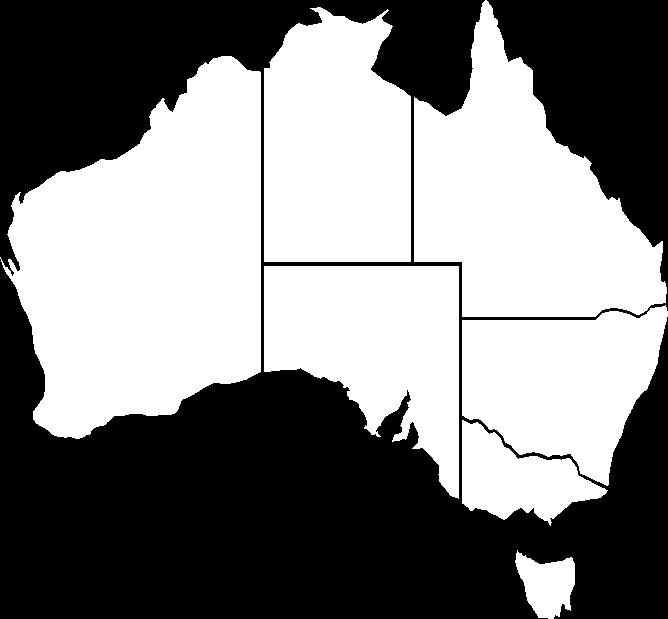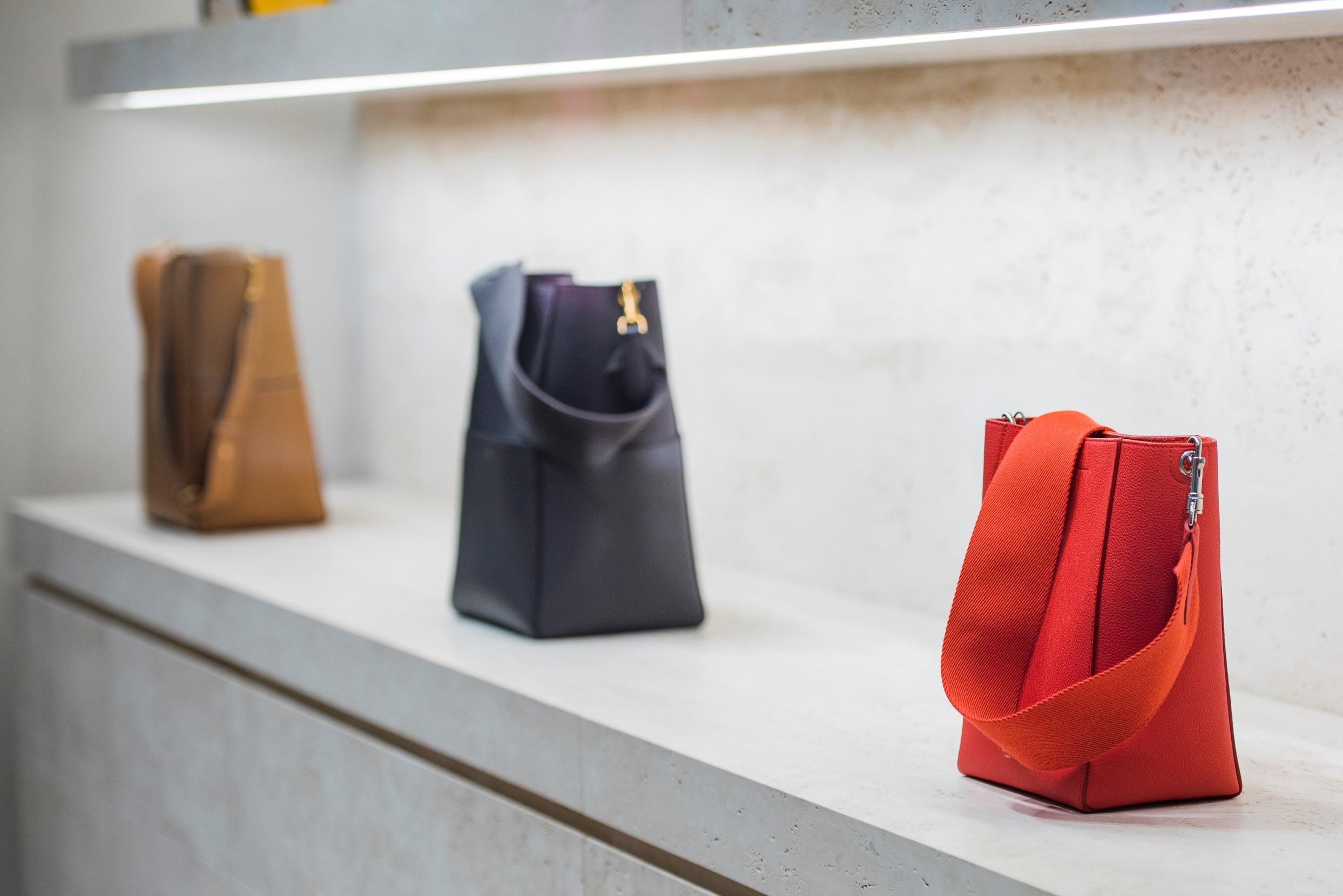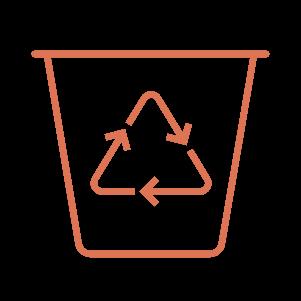Retail Sustainability Spotlight



2023 Report
ACRS conducted research into attitudes and behaviours of Australian shoppers towards sustainability.
In June 2023, we surveyed 1,001 shoppers across Australia and asked them several key questions on sustainability as part of a larger survey on retail consumer attitudes and behaviours.
n=1,001 Australian shoppers




19% 32% 1% 11% 8% 2% 25% 13% 18% 19% 17% 15% 17% 18–24 25–34 35–44 45–54 55–64 65+ AGE 2% 51% 49%
2
51%

of Australian shoppers reported that sustainability is an important factor when making a retail


3
GROCERY AND RELATED PRODUCTS AND CLOTHING, FOOTWEAR, AND ACCESSORIES
WERE THE MOST COMMON RETAIL PURCHASES IN THE LAST THREE MONTHS AMONGST AUSTRALIAN CONSUMERS

(in the last 3 months)
Retail Purchases
75% 69% 50% 40% 33% 24% 22% 19% 18% 17% 14% 2% Grocery and related products Clothing, footwear, and accessories Personal care
Books and stationery
electronics
and
and entertainment
and tourism
and
Other 4
Household
Consumer
Toys
games Media
Travel
Automotive Sporting goods
equipment
IN RECYCLABLE MATERIALS
Important

2% 4% 8% 9% 11% 12% 14% 14% 23% 28% 29% 29% 34% 35% 85% 73% 64% 62% 59% 55% 51% Durable/ last a long time Repairable/ fixable
produced Ethically produced
in recyclable materials
with recycled materials
with minimal carbon emissions Unimportant Neither important or unimportant Important
Locally
Packaged
Made
Produced
CONSUMERS SAY PRODUCTS THAT ARE DURABLE AND REPAIRABLE ARE IMPORTANT TO THEM, AS WELL AS PRODUCTS THAT ARE LOCALLY AND ETHICALLY PRODUCED AND PACKAGED
A Purchase Decision 5
Factors When Making
96%

of Australian consumers engage in sustainable practices

6
ALMOST ALL AUSTRALIAN CONSUMERS HAVE ENGAGED IN AT LEAST ONE TYPE OF SUSTAINABILITY PRACTICE IN THE LAST THREE MONTHS, AND MOST WHO ENGAGE, DO SO FREQUENTLY

Frequency of Engagement Amongst Those of Engaged Sustainability Practices Engaged In (in the last 3 months) 0% 1% 1% 1% 1% 2% 3% 4% 7% 8% 20% 21% 10% 27% 37% 26% 93% 91% 79% 78% 88% 70% 60% 71%
Occasionally Frequently
Rarely
7 77% 62% 44% 41% 35% 33% 30% 17% 4% Bringing my own shopping bags to stores
product waste
locally sourced/ produced products
the amount of new products I buy
food waste
public transport, riding my bike, or car-pooling
second-hand products
Recycling
Buying
Reducing
Composting
Taking
Buying
products
family
Recommending eco-friendly
to friends,
and peers
None of these
ALL AGES ENGAGE IN A RANGE OF SUSTAINABLE PRACTICES, BUT THEY DIFFER SUBSTANTIALLY IN MAGNITUDE
OF THE PRACTICES THAT THEY ENGAGE IN
Sustainability Practices Younger Consumers
Engage in More Than Other Ages
Younger consumers, 18-34 years of age, engage in these sustainability practices to a greater extent compared to other age groups, while consumers aged 55+ engage in these sustainability practices substantially less than other age groups :
Sustainability Practices
Older Consumers
Engage in More Than Other Ages
Older consumers, 55+ years of age, engage in these sustainability practices to a greater extent compared to other age groups, while consumers aged 18 to 34 engage in these sustainability practices substantially less than other age groups :
↑18-34: 38%
↓55+: 25%
↑18-34: 34%
↓55+: 25%
↑18-34: 26%

↓55+: 8%
Taking public transport

↓ 18-34: 63%
↑ 55+: 92%
⎯ Bringing my own shopping bags to stores

⎯ Buying second-hand products


↓ 18-34: 45%
↑ 55+: 79%
⎯ Recycling product waste

⎯ Recommending eco-friendly products to friends, family and peers
↓ 18-34: 38%
↑ 55+: 56%
↓ 18-34: 27%
↑ 55+: 47%
Buying locally sourced/ produced products

⎯ Composting food waste

8
MAJORITY OF AUSTRALIAN CONSUMERS SAY THEY ARE LIKELY TO PARTICIPATE IN ONE OR MORE SUSTAINABLE PRACTICES IN THE NEXT THREE MONTHS
Recycling
Buying locally sourced/ produced products
Reducing the amount of new products I buy
Composting food waste
Buying second-hand products
Taking public transport, riding my bike or car-pooling
Recommending eco-friendly products to friends, family and peers

Unlikely
Neither likely nor unlikely
Likely
3% 5% 5% 10% 23% 23% 33% 21% 12% 16% 30% 27% 22% 30% 22% 36% 86% 78% 65% 62% 56% 47% 45% 43%
my own shopping
to stores
Bringing
bags
product waste
Likelihood of Future Engagement (in the next 3 months)
9
Consumers are willing to pay more for sustainable consumption

choices

10
55%
OVER HALF OF AUSTRALIAN CONSUMERS ARE WILLING TO PAY MORE FOR DURABLE, REPAIRABLE, AND LOCALLY PRODUCED PRODUCTS; A SENTIMENT CONSISTENT ACROSS ALL AGES 52% are willing to pay more for durable products
are willing to pay more for locally produced products

67% are willing to pay more for repairable products 11
YOUNGER CONSUMERS ARE SIGNIFICANTLY MORE WILLING TO PAY MORE FOR ETHICALLY PRODUCED PRODUCTS, AS WELL AS PRODUCTS MADE FROM RECYCLED MATERIALS AND PACKAGED IN RECYCLABLE MATERIALS

are willing to pay more for products packaged in recyclable materials
41% are willing to pay more for ethically produced products 47% are willing to pay more for products made from recycled materials 43% 12 ↑18-34: 55% ↓55+: 40% ↑18-34: 52% ↓55+: 36% ↑18-34: 50% ↓55+: 34% Note: ↑ 18-34 years of age are significantly more willing to pay more than other age groups for a specific sustainable practice, while ↓ 55+ years of age are significantly less willing to pay more than other age groups for a specific sustainable practice.



AUSTRALIAN CONSUMER & RETAIL STUDIES Monash Business School Level 6, Building S 26 Sir John Monash Drive Caulfield East VIC 3145
+61 9903 2869
acrs@monash.edu
monash.edu/business/acrs
T:
E:
W:




















